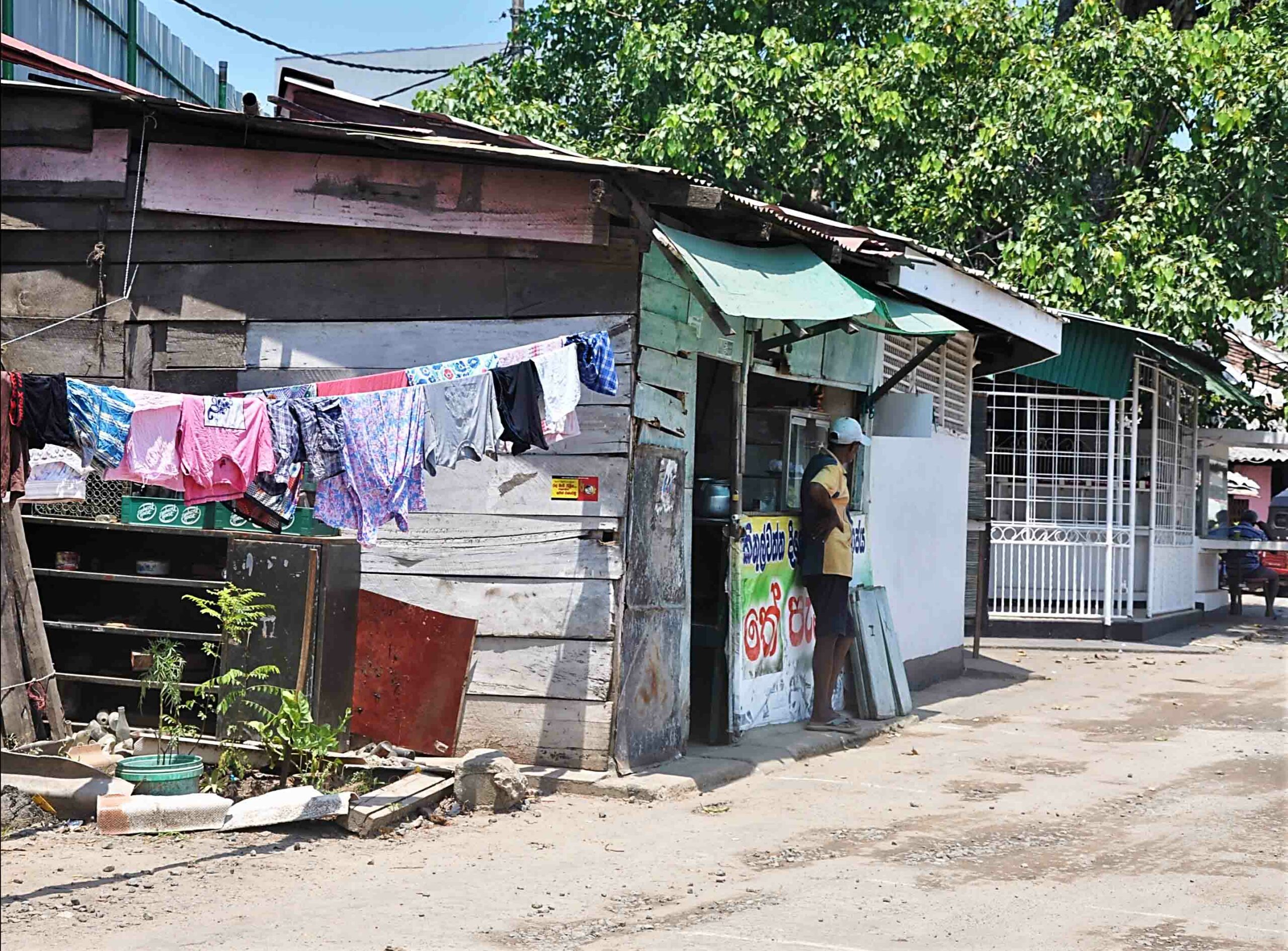Tag: research
Researching current urban regeneration approaches in China and how they impact the lives of those who live in cities.
Following four decades of reform, China has lifted millions out of poverty. Nevertheless, the social costs of the country’s growth-oriented agenda have long been scrutinised, with phenomena such as rapid urbanisation being one of the most transformative forces in this process. Under the umbrella of quality of life improvements, state-led urban regeneration projects have been criticised for their focus on selective physical upgrading, large-scale demolition, and relocation. However, recent paradigm and policy shifts are pointing towards increased governmental interest in promoting wellbeing-oriented urban development: a response aligned with global efforts to define new directions for evaluating human progress.
This research project therefore identifies the need for further enquiries into current urban regeneration approaches in China. It also addresses the necessity to construct new assessment frameworks, tailored to the political, socio-economic and cultural specificities of the country. In this sense, the thesis explores how the concept of ‘wellbeing’ is understood and integrated in the context of current urban regeneration schemes in China.
Towards this aim, the research employs qualitative methods such as systematised literature reviews, interviews and observation. It begins by constructing a theoretical framework for wellbeing in urban transformation, where wellbeing happens at the nexus of processes and socio-spatial outcomes of regeneration. The framework is contextualised by analysing engagements with the concept of wellbeing in China, revealing a complex picture of urban China in transition – one where wellbeing lies at the convergence between the legacy of collectivism, and the rise of individualism. This is followed by a review of Chinese urban regeneration mechanisms in the last three decades, focusing on three case studies from Shanghai, Beijing and Guangzhou. Finally, the study explores the ways in which practitioner understandings of wellbeing are being materialised into current practices, revealing the emergence of new actors, innovative governance mechanisms and place-based solutions.
[PhD supervisors: Dr Giulio Verdini, Prof. Johan Woltjer]
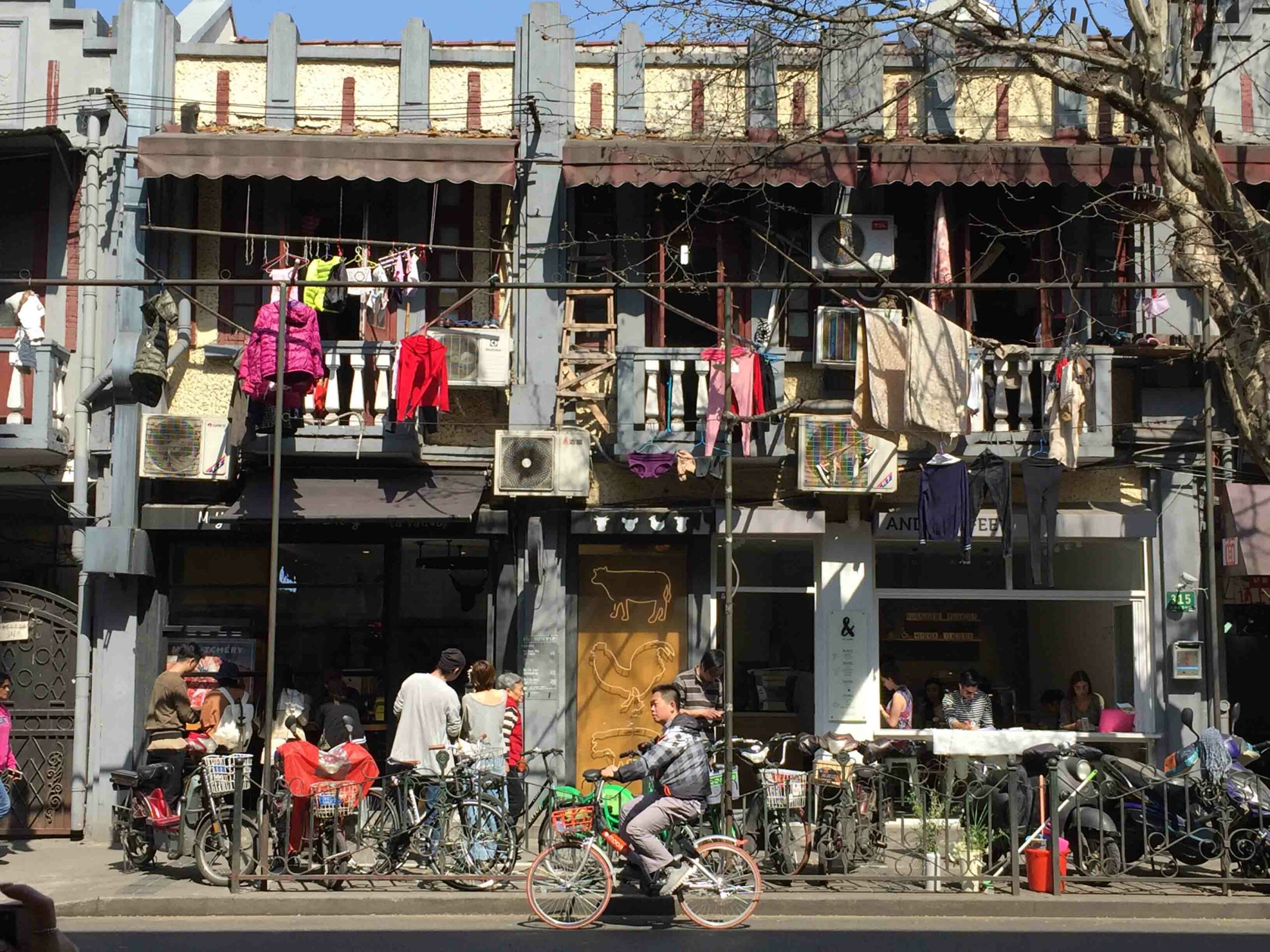
Investigating ways to collectively tackle climate concerns at city level with issues of inclusion of affected communities
Innovative forms of climate pedagogy are emerging in urban and architectural curricula across the world. They are more considered of notions of ‘inclusion’ and ‘diversity’, and, at the same time, more inclined to incorporate climate resiliency at the core. This research project, led by Giulio Verdini, aims to understand how architects and urban planners should be educated to tackle climate change effectively by adopting a de-colonial perspective.
While cities are recognised as major contributors to climate change, urban planners and architects might contribute in delivering low-carbon and climate resilient urban settlements. The University of Westminster, in partnership with the initiative ‘P4CA – Planners for Climate Action’ of UN-HABITAT, promote an on-line forum to discuss how universities can generate suitable globally-informed and transformative knowledge to enable effective city climate actions.
This research project is based on post-colonial critique, which has been central to reconsidering the limits of modern western-centric solutions to urban problems, particularly when applied to global south cities. This is based on two considerations:
- Universities across the world have been challenged as institutions failing to recognise the limits of their knowledge production, and have been asked to incorporate a diverse contribution of people and approaches. This is part of the broad ambition to decolonise Universities.
- Urban and architectural knowledge, and therefore solutions for urban problems including climate adaptation strategies, has been predominantly produced in the Western world and, more critically, used in the Global South where most of the urbanisation is occurring today.
Taken together, these two strands point to the need to develop a broader (globally-informed) and more context-sensitive knowledge, as highlighted in post- colonial architecture and urbanism. At the same time, it suggests that universities need to embrace an overall transformative education model, which implies reconsidering both the process of knowledge production, and the development of suitable skills, values and dispositions to deliver a more ambitious education for sustainable development, as promoted by UNESCO.
This forum brings together international scholars, academic administrators and practitioners, operating in the global South, from a diverse range of disciplinary fields to discuss how to reimagine the future of knowledge production and its potential positive impact on practice. In respect to climate change this should generate advocacy for alternative pedagogical models and practical approaches more considered of local, socio-economical, institutional, and climatic conditions.
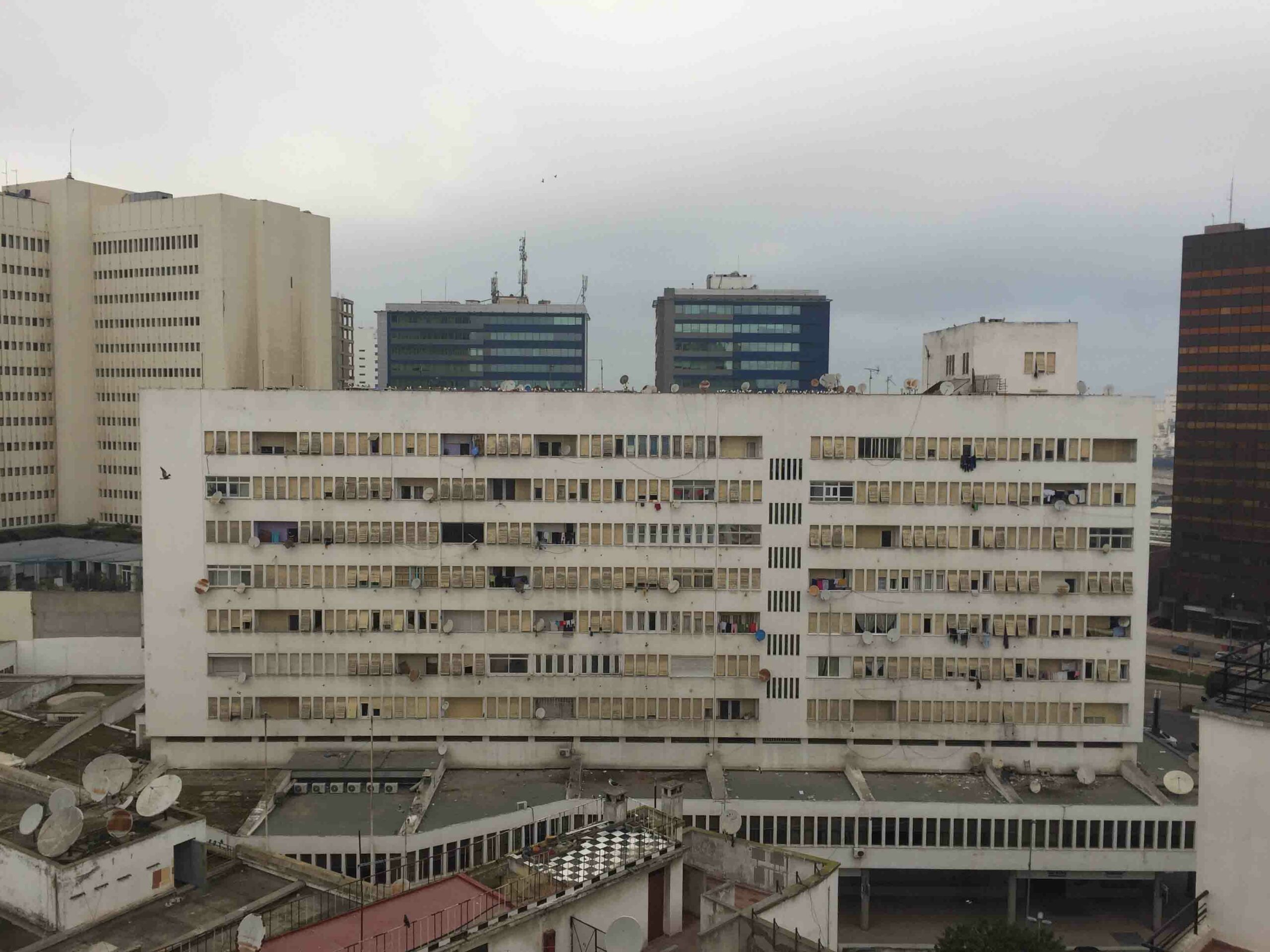
- Year: 2019-2021
- blog.westminster
Mapping and understanding the effects of redevelopment on the port region of Shibati in Chongqing City
The contemporary phenomenon of Chinese city demolition and rebuilding is recognised as a natural process in the aggressive course of globalisation. The socio-political and spatial issues, and the consequences that have arisen through this process have gone largely unacknowledged. By taking Shibati, in the Central Chongqing City, as its site, Jue Chen’s project seeks to understand, critique and represent the aforementioned issues.
As the dominant port of arrival for Chongqing, and the only way to enter the city centre in the past, Shibati was historically and culturally significant during the formation and expansion of Chongqing City. Since 1997, rapid development and expansion has been taking place in Chongqing and, as a result, Shibati has gradually shrunk into a closed and isolated district with complex social and architectural layers.
Using a carefully conceived process of analytical and creative mapping, Chen’s thesis is based in the methodology of research through design to create a critical representation of the context being examined. The mapping is embedded in a rigid system of ‘layering’ that addresses issues such as social inequality and displacement. At the same time, it extracts and repackages hidden relations and identities, exposing the reality ‘on the ground’.
Every decision to inscribe into, engrave on to, or to peel back a layer is neither neutral nor passive. Each layer mediates between the map and reality, exposing, critiquing and representing the decisions which have led to entire communities being displaced. Acknowledging the latent urban strategy underlying this method, Chen’s critique of these decisions through mapping attempts to distil the impact of widespread and rapid demolition on existing communities. By carefully considering these issues, the thesis reflected on how the strategies employed in the future rebuilding of other cities could take these consequences into consideration to mitigate the dispossession and traumatic repackaging of other urban areas.
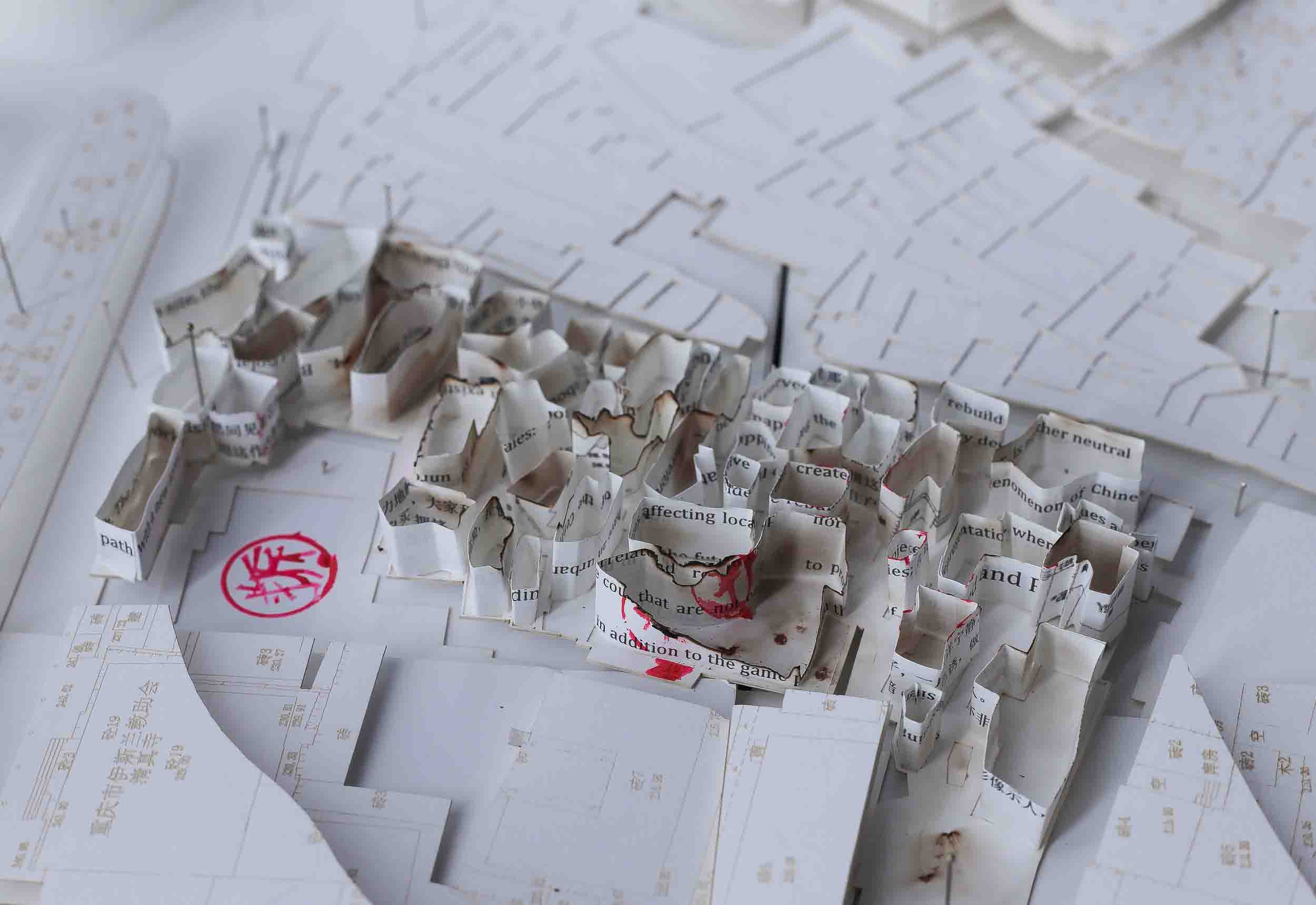
Using Art and Design to Educate Audiences about Continuing Rates of HIV Transmission
John Walter’s practice-based PhD Alien Sex Club addressed contemporary modes of representation of HIV in art. It grew out of the minimalist aesthetic developed by artists such as Felix Gonzalez-Torres during the earlier part of the AIDS crisis. Today, however, it is acknowledged that HIV is an interconnected web of problems that should be represented in a holistic way. Rates of HIV transmission are increasing among gay men in the West. Although the availability of highly effective antiretroviral drugs means HIV is no longer a life-threatening illness, a resulting decrease in the perception of risk – leading to condom fatigue, unprotected sex and recreational drug use – may be some of a number of factors that are contributing to the increase in transmissions.
Despite changes in the cultural, social and scientific context of HIV, artistic representations of the subject have remained the same as those originated before effective treatment was available. Through his PhD, Walter sought to re-politicise art as an arena for addressing HIV by mobilising a range of visual and aesthetic genres in a curated installation.
Alien Sex Club used art and architecture, and drew from contemporary scientific and political approaches, to raise new questions about HIV in ways that differed from previous modes of representation, and apply them within an academic context. Taking the form of a cruise maze, the installation (first at Ambika P3, London and later the Wellcome Collection, London) made use of spatial design and a maximalist aesthetic to update the representation of HIV and transpose knowledge about HIV from science, sociology and philosophy into a visual art practice.
The installation invited audiences to consider HIV in new ways through the interactive nature of the gallery experience. It acted as a test site to gather data of audience responses which were then subjected to textual analysis. The multi-layered nature of Alien Sex Club allowed it to operate as a counter discourse to the prevailing minimalist representations of HIV. The PhD both generated knowledge on audience education about continuing rates of HIV transmission, and extended understandings of the nature of the artist as activist.
[supervisors: Prof. Lindsay Bremner, Dr Victoria Watson, Dr Francis White]
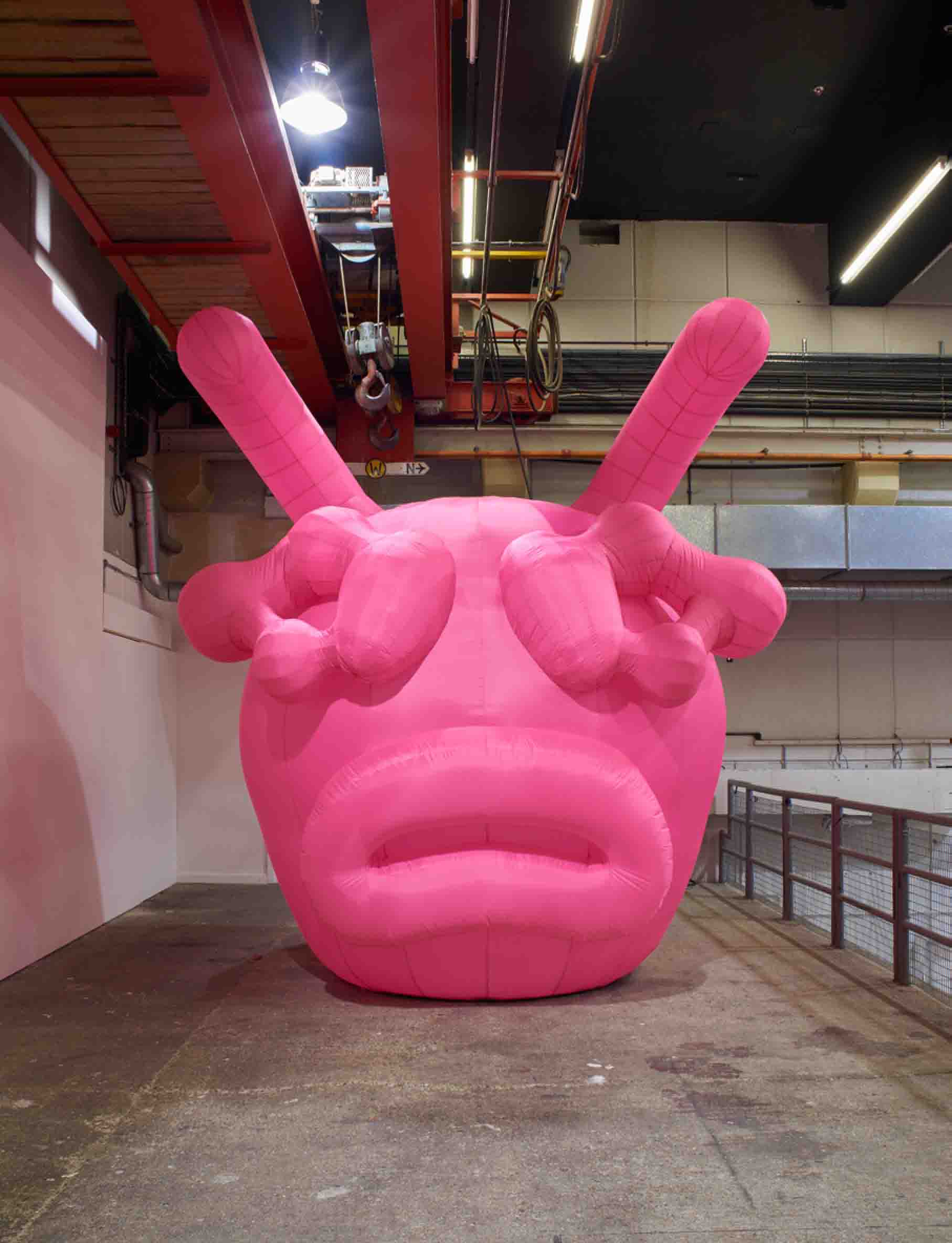
- Year: 2016
- Alien Sex Club
An investigation of informal settlements in Sri Lanka
Modernist and colonial ideas of informal settlements have resulted in them carrying negative connotations. This does not allow for an understanding of their complex nature, nor recognition of the role informality plays in cities and communities in developing countries. In this dissertation, Virosh Samuel analyses Bernard Rudofsky’s theories of ‘vernacular’ as a communal enterprise.
Focusing on the city of Colombo in Sri Lanka, Samuel seeks to better understand informal settlements by reflecting on Rudofsky’s ideas of the vernacular as a spontaneous and continuing activity of a whole people with a common heritage.
Colombo today has over 1700 informal settlements that the state plans to relocate as the city develops. This raises the question of re-housing; How best can we approach re-housing a settlement that is self-formed and constantly changing with the evolving needs and diverse identities of the inhabitants? Informal settlements develop in response to the inhabitants’ needs, encouraging interdependency that is so important in overcoming the individual vulnerabilities of a community.
This dissertation seeks to understand these intertwined social and architectural dynamics within the context of an informal settlement in Colombo, and through this to evaluate a series of rehousing projects. By understanding this relationship between communal reciprocity and architecture, this dissertation considers models to understand how the spatialisation of social interdependency could inform future housing.
